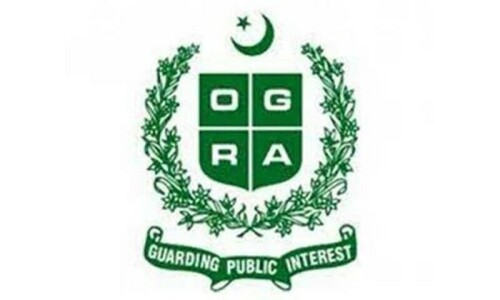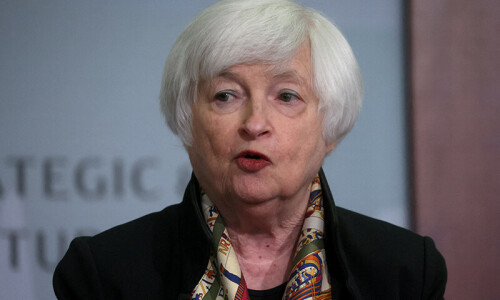
KARACHI: The State Bank of Pakistan (SBP) reported on Tuesday that overseas Pakistanis sent $6.325 billion during the first half (July-December), showing an increase of 19.54 per cent compared to the same period in the previous year.
The inflow has raised hopes for easing of the current account deficit and would serve as a cushion for foreign exchange reserves.
The SBP reported that Pakistan received 25 per cent more remittances in December as compared to last month of the previous calendar year.
'Last month (December), an amount of $1.085 billion was sent home by overseas Pakistanis, up 25.75 per cent, when compared with $863 million received in the same month of December, 2010, the SBP report stated.
Pakistan is in dire need of dollar inflow but faces a tough time as most of the resources have dried up in thewake of deteriorating relations with the United States which holds influence on most of the donor agencies.
Foreign investments have also gone down despite interest being expressed in the power sector. Investment experts maintain that political unrest and souring relations with the regional countries have led to this quandary.
In this scenario, overseas remittances emerged as biggest source of dollars and its rise with each month offers slight protection to economy from external funding shortage.
If the six month track remained intact, the country could receive up to $12 billion at the end of the current fiscal year that would give a big boost to economy, particularly the external account would get a shield against the rising trade deficit. Significant increase in remittances was noted from Saudi Arabia and UAE as it rose to $1.661 bil-lion and $1.412 billion compared to $1.143 billion and $1.255 billion respectively.
Meanwhile, remittances were down from US and UK.
The monthly average remittances for the July-December 2011 period came out as $1.054 billion compared to $881million during the same corresponding period of the last fiscal year, registering an increase of 19.54 per cent.
'The rising trade gap will eat up the entire benefit of higher remittances as exports have lost target and will lose further in coming months, said Aamir Aziz, an exporter of textile-based products said.
He added that while exports face high-cost problem and poor response from foreign markets, imports (led by petroleum products) could continue to widen the trade gap.
In the first five months of the current fiscal year, the trade gap rose to $6.424 billion that was 38 per cent higher than the trade gap during the same period of last year.














































Dear visitor, the comments section is undergoing an overhaul and will return soon.